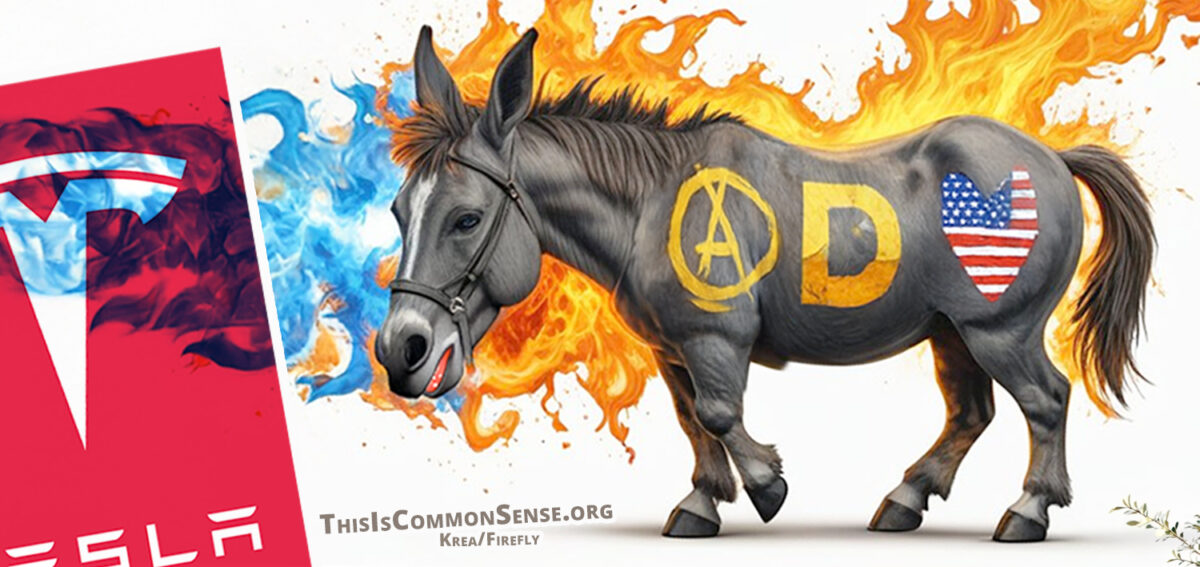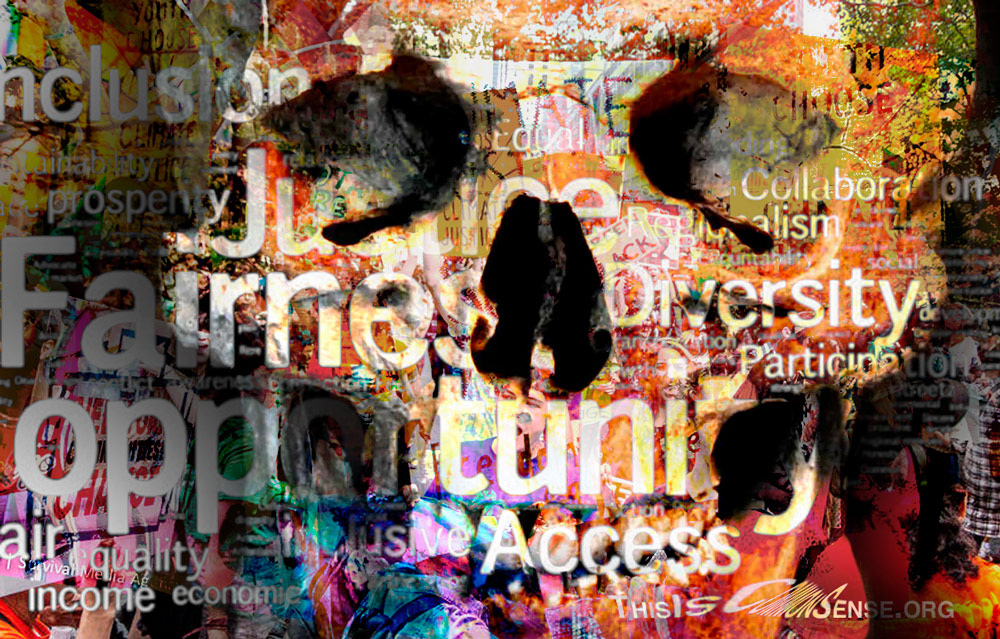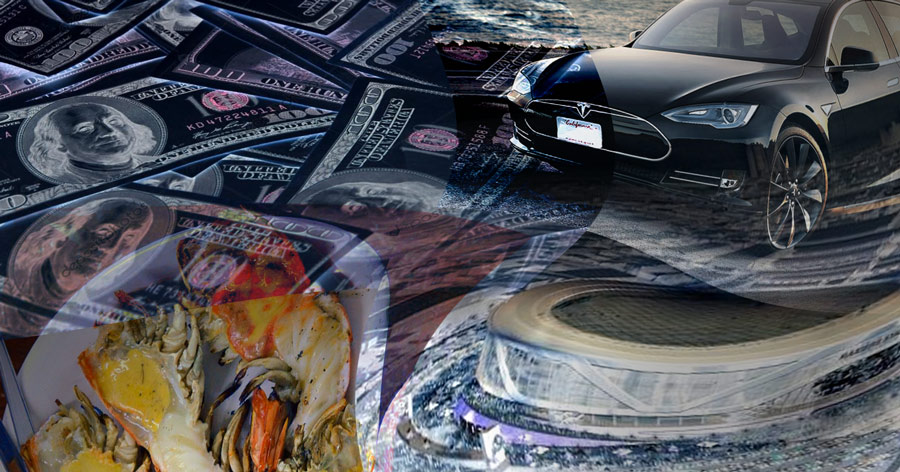“Five Tesla vehicles were damaged when a fire was started at a Tesla Collision Center in Las Vegas on Tuesday morning,” reports Megan Forrester for ABC News, “the latest in a wave of incidents aimed at the electric vehicle company, according to the Las Vegas Metropolitan Police Department.”
Described as a “targeted attack” by the police, these acts of outrageous property destruction are not confined to the Silver State. Occurring all over the country, these are obvious political attacks on Elon Musk, who turned against Democrats by supporting Donald Trump’s 2024 presidential run, and who has since led the DOGE effort to confront federal government “waste, fraud and abuse.”
“Violence against Tesla dealerships will be labeled domestic terrorism,” Reuters quotes President Trump, “and perpetrators will ‘go through hell.’”
As of last week, Tesla stock had plunged 50 percent since December, but “[s]hares of the automaker closed nearly 4% higher on Tuesday,” continues the Reuters report, “rebounding from the biggest one-day fall in four-and‑a half years the previous day, after the president appeared with Musk at the White House to select a new Tesla for his staff to use.”
“House DOGE Subcommittee Chairwoman Marjorie Taylor Greene, R‑Ga.,” USA Today told us last week, “announced that she and her committee colleagues had sent a letter to U.S. Attorney General Pam Bondi and FBI Director Kash Patel asking for an investigation into the ‘organized’ attacks against Musk, Tesla and the DOGE effort.”
These spectacular destructions of private property are indeed terroristic. Anarchists used to use a similar approach over a century ago, calling the technique “propaganda by the deed.”
But the tide of public opinion turned against the anarchists, and I suspect it will turn strongly against today’s saboteurs as well.
This is Common Sense. I’m Paul Jacob.
Illustration created with Krea and Firefly
See all recent commentary
(simplified and organized)
See recent popular posts





